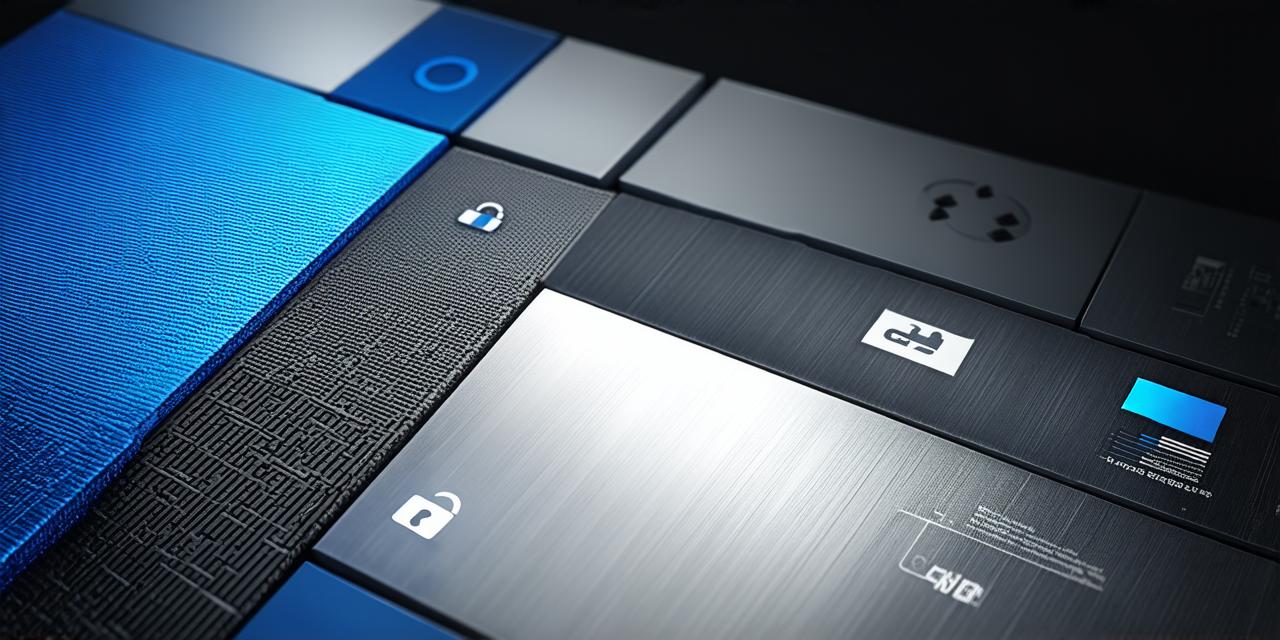
Blockchain technology has revolutionized various industries by creating secure and decentralized systems that enable peer-to-peer transactions without intermediaries. The same principles can be applied to accounting, making it more efficient, transparent, and secure. In this article, we will explore what blockchain accounting technology is, how it works, and its potential benefits for businesses and individuals.
What is Blockchain Accounting Technology?
Blockchain accounting technology refers to the use of blockchain to store, manage, and verify financial records. It uses a distributed ledger that is transparent, immutable, and secure to record transactions in real-time. This eliminates the need for intermediaries such as banks or auditors, making the process more efficient and cost-effective.
How does Blockchain Accounting Technology Work?
Blockchain accounting technology works by using a decentralized network of computers to validate and record transactions. Each transaction is verified by multiple nodes in the network, ensuring that it is authentic and complies with the rules of the blockchain. Once the transaction is verified, it is recorded on the blockchain and becomes part of the permanent record.
The use of a distributed ledger ensures that all parties have access to the same information, making it easier to reconcile accounts and prevent fraud. Smart contracts can also be used to automate certain accounting processes, such as payment processing and invoicing.
Benefits of Blockchain Accounting Technology
-
Transparency: The use of a distributed ledger ensures that all parties have access to the same information, making it easier to reconcile accounts and prevent fraud.
-
Security: Transactions are recorded on the blockchain, which is secure and tamper-proof, reducing the risk of data breaches and cyber attacks.
-
Efficiency: Blockchain accounting technology eliminates the need for intermediaries such as banks or auditors, making the process more efficient and cost-effective.
-
Cost Reduction: By eliminating intermediaries, businesses can save money on transaction fees and other costs associated with traditional accounting systems.
-
Compliance: Blockchain accounting technology enables compliance with regulations by providing an immutable record of transactions that can be easily audited.
Case Studies in Blockchain Accounting Technology
There are several case studies that demonstrate the potential benefits of blockchain accounting technology. One such example is Deloitte, which developed a blockchain-based platform called Oraclize that allows businesses to access real-time data from various sources, including social media and news outlets. This enables businesses to make more informed decisions by providing them with up-to-date information on market trends and customer behavior.
Another example is Ernst & Young, which developed a blockchain-based platform called EY OpsChain that allows businesses to manage their supply chain more efficiently. The platform uses smart contracts to automate various processes, such as invoicing and payment processing, reducing the risk of errors and delays.
Personal Experiences with Blockchain Accounting Technology
As a blockchain developer, I have worked on several projects that involved the use of blockchain technology in accounting. One such project was the development of a platform for managing rental properties using blockchain. The platform enabled landlords and tenants to manage their transactions securely and efficiently, without the need for intermediaries.
Another personal experience was the development of a platform for tracking expenses using blockchain. The platform allowed individuals to record their expenses in real-time, enabling them to track their spending more effectively and make more informed financial decisions.
FAQs on Blockchain Accounting Technology
Is blockchain accounting technology secure?
Yes, blockchain accounting technology is secure because it uses a distributed ledger that is tamper-proof and transparent. Transactions are verified by multiple nodes in the network, ensuring that they are authentic and compliant with the rules of the blockchain.
How does blockchain accounting technology eliminate intermediaries?
Blockchain accounting technology eliminates intermediaries by using a decentralized network of computers to validate and record transactions. This enables peer-to-peer transactions without intermediaries, making the process more efficient and cost-effective.
